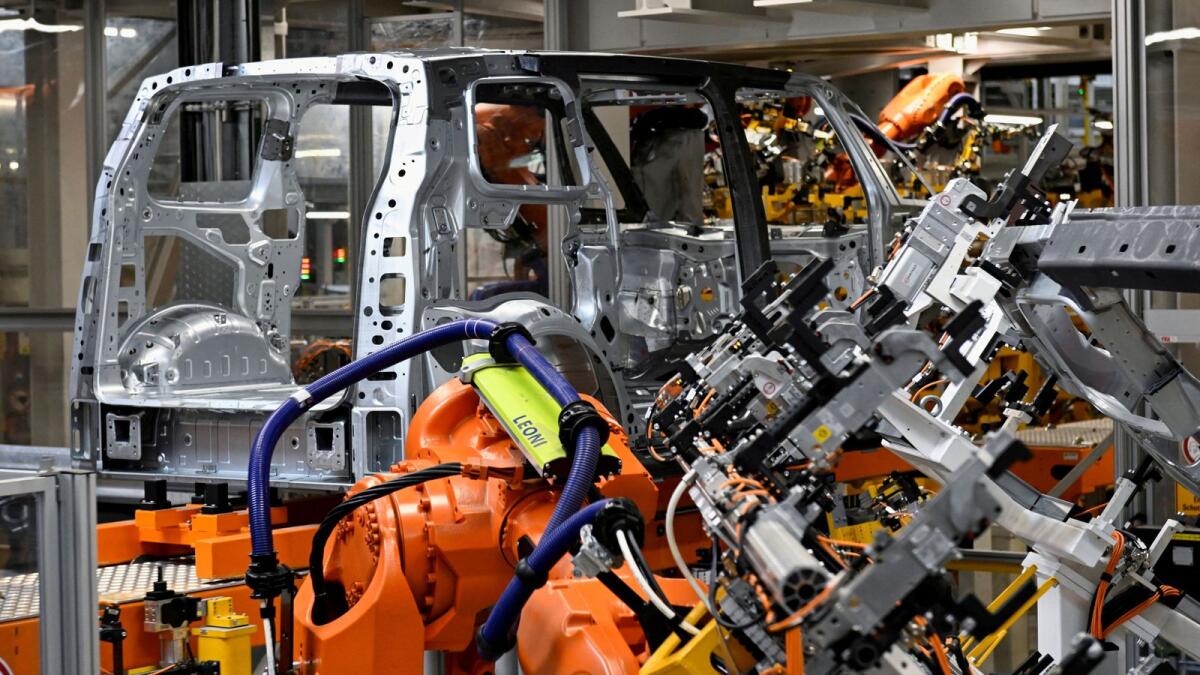Volkswagen, Europe’s top carmaker, is facing increased competition from Asian rivals, particularly in the electric vehicle market. Concerns have arisen that companies like BYD, Chery, and Leapmotor could establish production capacity in Europe if heavy import tariffs are imposed on Chinese-made EVs. Additionally, Volkswagen has recently reduced prices for VW brand cars in response to tougher competition, resulting in significant profit losses and raising doubts about the company’s ability to compete effectively.
The discounts offered by Volkswagen to counter competition have impacted the company’s profit margins, with the VW passenger car brand seeing a significant decrease in profits. This has led to fears that the company’s ability to compete with more agile rivals is being compromised. The squeeze on margins, combined with increased competition from Chinese rivals in Europe, has raised concerns about the future implications when these rivals start producing locally.
As Volkswagen struggles to maintain its profit margins amid fierce competition, the company’s financial health has deteriorated, with negative automotive cash flow in the first half of the year. The high energy and labor costs in Germany, where Volkswagen’s production is based, have also contributed to the challenges faced by the company. These factors, along with shrinking demand for mass-market cars, have made it crucial for Volkswagen to focus on reducing costs in order to remain competitive in the industry.
Volkswagen’s finance chief has indicated that the company cannot continue spending more money than it earns, emphasizing the importance of operating at a sustainable level to ensure long-term success. The challenges faced by Volkswagen are not limited to the domestic market, as profits from China, the company’s largest market, have declined significantly in recent years. With a difficult outlook for European mass brands due to increased competition, rising energy costs, and high labor expenses, Volkswagen must find ways to streamline its operations and cut costs to retain its position in the global automotive market.
Industry analysts expect Volkswagen to revise its margin targets downwards due to the numerous challenges and restructuring expenses faced by the company. The fierce competition in the mass-market car segment has shifted the focus from growth to reducing costs. Companies are now forced to compete based on who can manufacture vehicles at the lowest cost, highlighting the importance of efficiency and cost optimization in the current automotive landscape. It is crucial for Volkswagen to address these challenges promptly and implement strategic changes to secure its competitiveness in the evolving industry.











